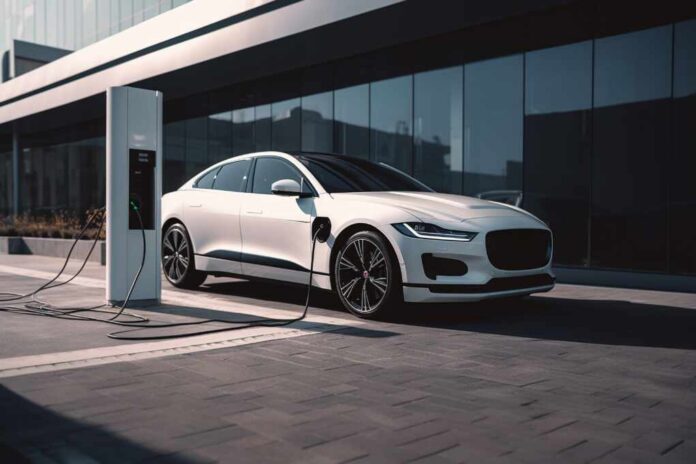
The Biden administration is backing away from key parts of its aggressive campaign to forcefully transition American motorists from gas-powered vehicles to electric ones. This move is a response to low consumer demand for electric vehicles (EVs), concerns from the automotive sector, and significant pushback from labor unions.
Initially, the Biden White House had set ambitious goals to “combat climate change” by imposing strict limits on emissions. This was a roundabout way of mandating a rapid shift to electric vehicles. But the reality on the ground — marked by weak consumer interest, high EV price tags, and a glaring scarcity of charging infrastructure — has prompted a reconsideration.
The New York Times reports that this pivot is a “concession to automakers and labor unions.” The initial plan demanded a dramatic upsurge in EV sales in the near term. The administration suggests this significant increase will only be necessary sometime after 2030, granting car manufacturers a longer runway to meet the government’s environmental benchmarks.
Biden Admin Backing Away From Aggressive Push For Electric Vehicles As Consumer Demand Remains Low https://t.co/gL3CAJBn9F
— DLW🍊 (@Dlw20161950) February 18, 2024
Critics like President Donald Trump have been strident in condemning Biden’s EV push. Trump has labeled the all-electric vehicle mandate as a “ridiculous all Electric Car Hoax” orchestrated by what he terms the “communists” in the current administration. He argues that such policies would lead to the demise of the American auto industry and hand over the production of electric vehicles entirely to China. Trump’s critique extends to the potential job losses in traditional automotive manufacturing hubs like Michigan, predicting a disastrous outcome should Biden’s “crazed concept” persist.
The administration’s softened stance also surfaces amid an election cycle, highlighting the political calculus behind environmental policy. The support of unionized auto workers, crucial to Biden’s 2020 victory, is wavering due to fears that a swift transition to electric vehicles might cost jobs, especially since EVs require fewer workers to assemble.
While the Environmental Protection Agency (EPA) had proposed stringent emission limits to make 67% of new car sales electric by 2032, this aggressive target is now under revision. The recalibration aims to ease the industry into compliance, responding to automakers’ pleas for more time to develop infrastructure and lower EV costs, as well as to union concerns over job security.
Despite these adjustments, the Biden administration maintains that its long-term environmental goals remain intact. Senior climate adviser Ali Zaidi insists that the overarching policies, including federal investments in renewable energy, will still facilitate the achievement of cutting U.S. greenhouse gas emissions in half by 2030.
































